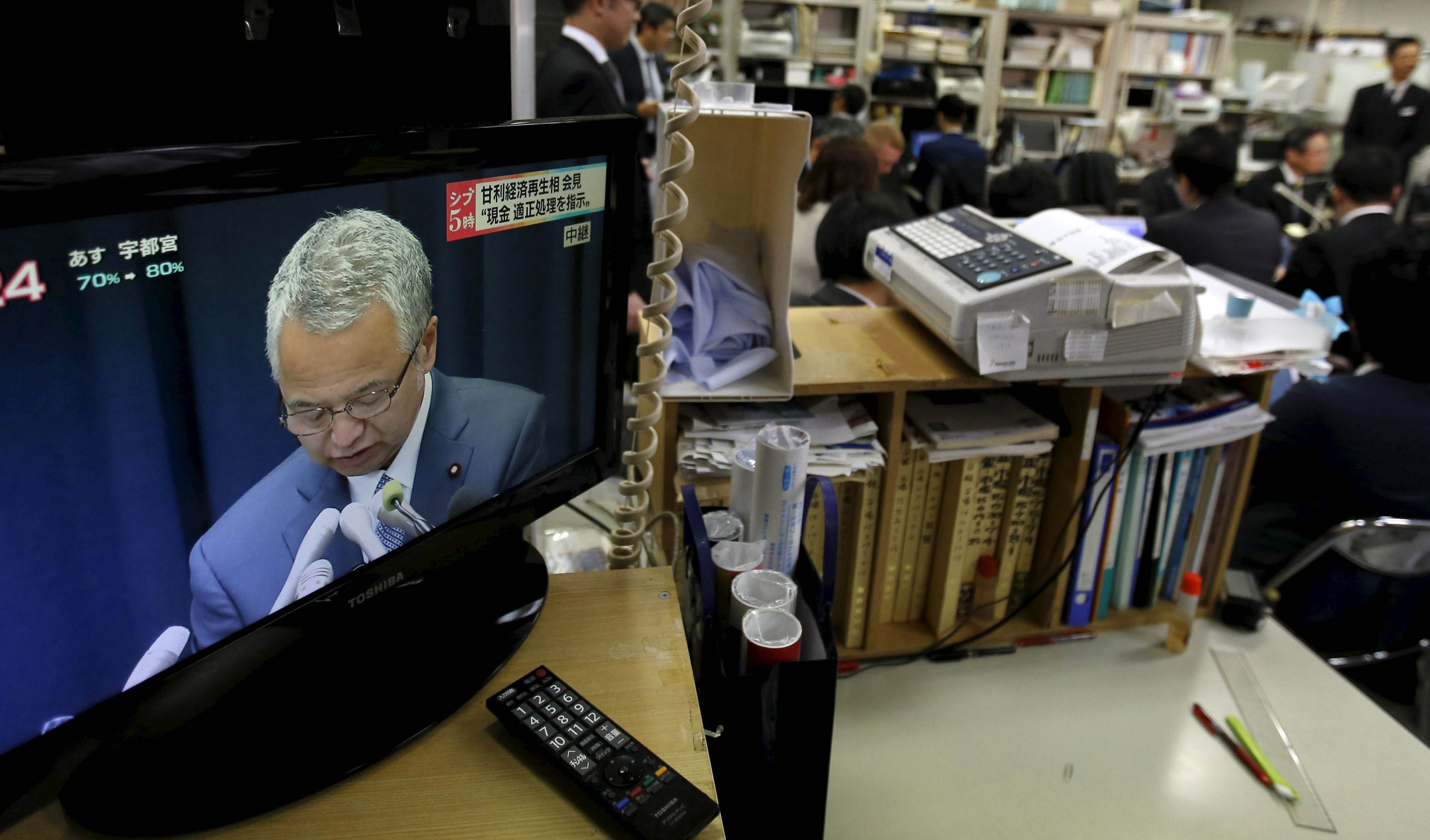Last week the Asahi Shimbun reported on the relationship between Japan's larger corporations and the Liberal Democratic Party. Since regaining power in 2012, the LDP announced it would cut corporate taxes at rates that are twice those proposed by the previous Democratic Party of Japan government, and in 2014 the LDP received ¥1.4 billion in corporate donations — or double the amount the DPJ received during the last year of its brief tenure as ruling party.
When queried about these contributions, the LDP said that they were processed by the People's Political Association, the political funds group that handles donations "as a whole." In other words, the LDP doesn't make distinctions as to how much came from which industries or companies, but that doesn't mean you can't find out. Asahi asked automaker Toyota why it donated ¥64 million. The company said it hopes the funds help "realize policies and promote democracy."
It's easy to be cynical about political donations. Most people think they go toward election campaigns, but politicians also use them to carry out policy research since government subsidies are limited. Each Diet member receives salary compensation for up to three secretaries. Many employ more, and thus have to come up with their own funds to pay them. In some cases, secretaries are charged with finding their own sources of income, which explains the influence-peddling scandal that resulted in Akira Amari resigning as minister in charge of economic revitalization on Jan. 28.



